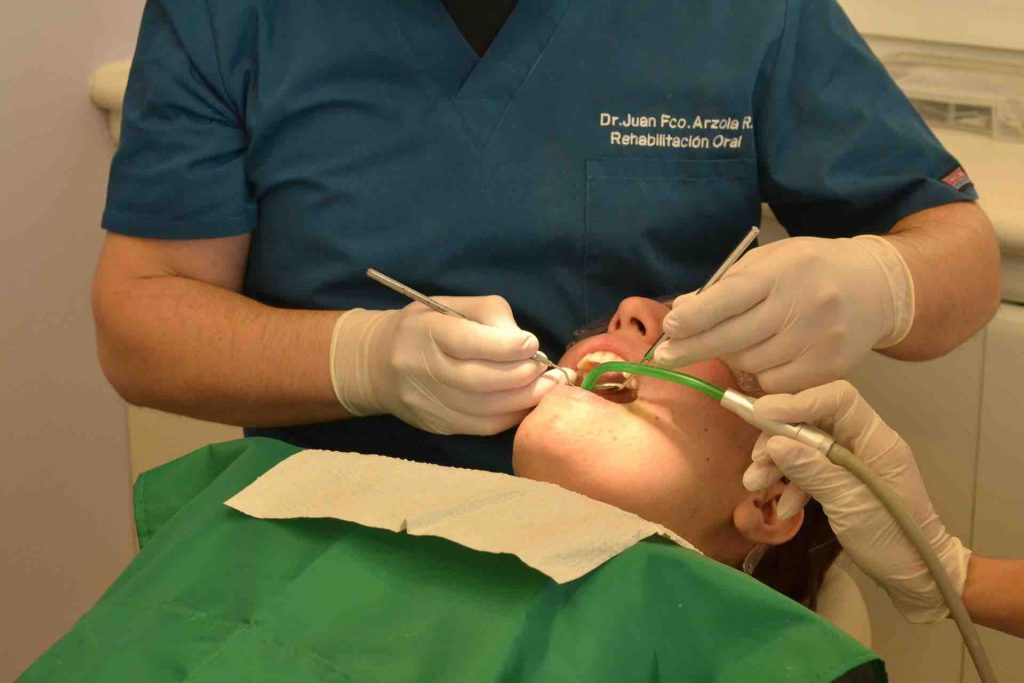
Recent dental reports are finding that only half of Australians are following the recommended guidelines of brushing teeth twice a day. This is contributing to the high levels of decay that is being found across numerous reports and is a growing concern for healthcare professionals nationwide.
One such consequence of poor oral hygiene standards is the increased prevalence of tooth and gum disease. These oral diseases can lead to long-lasting physical and psychological damage. As further research is making more obvious, the health of the mouth is linked to the health of the entire human body.
As tooth loss can cause an impairment of chewing and swallowing, in turn, this can affect nutrition. Poor nutrition can lead to a host of health issues including diabetes and adverse pregnancy outcomes. Gum disease has also been linked to heart conditions and strokes.
Aside from this, having poor oral health can have a negative impact on a person’s psychological well-being by causing self-esteem and confidence issues. This may mean that a person may not perform as well as they could in the workplace, school or social situations.
Spa Dental Sydney CBD in Sydney CBD has made it their mission to not only tackle this increasing trend of dental disease but also to alleviate the symptoms and damage that has already been done.
Although preventive measures are the best method in maintaining a healthy smile, it is important to be non-judgmental and to deal with any situation in hand. One procedure that is finding its way into many people’s lives is the very popular dental implant.
What is a dental implant?
For those who have lost a tooth, many teeth or have an entire set of dentures, there is a procedure available that will be able to improve the health of the mouth and in turn allow the patient to comfortably eat the foods they have been avoiding, with ease. This results in nutritional standards to be raised, allowing the effect of better overall health.
This procedure mimics the natural tooth structure by replacing not just the visible part of the tooth, but the tooth root as well. This provides stability across the entire jawline and prevents the recession of the jawbone which is a natural occurrence when it is no longer stimulated by the existence of a tooth.
These stable and long-lasting structures give people a chance to have a complete set of permanent teeth again, as they can be non-removable should that be a patient’s preference.
By discussing their options with their dental care professionals, patients are able to gain insight into this procedure so that they can make an informed decision as to the benefits and risks associated with having this procedure done.
There is no upper age limit in having tooth implants and there are very few cases in which a person is not viable for such a procedure. Should there be any pre-existing gum disease, a patient may need to get this under control before this treatment commences in order for efficient healing and less risk of complications and infection.
Any surgical or invasive procedure carries risks. Before proceeding, you should seek a second opinion from an appropriately qualified health practitioner.
